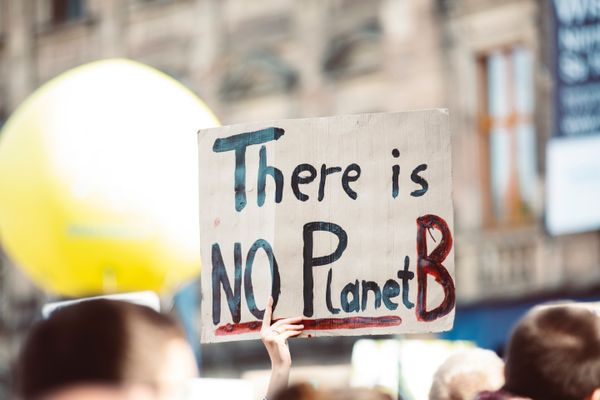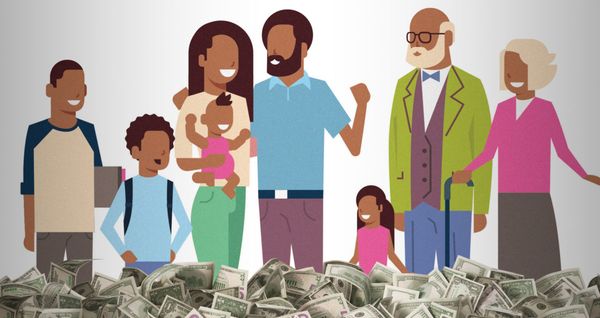Wealth inequality can have significant effects on political engagement and participation. When wealth is concentrated in the hands of a few individuals or households, it can limit the ability of others to participate in the political process and have their voices heard.
One of the ways that wealth inequality can impact political engagement is through the role of money in elections. When wealthy individuals and organizations can pour large amounts of money into political campaigns, it can give them disproportionate influence over the outcome of elections and the policies enacted. This can make it difficult for candidates who do not have access to significant financial resources to compete and be elected to office.
Another way that wealth inequality can impact political engagement is through the representation of different income groups in government. When wealth is concentrated in the hands of a few individuals, it can lead to a lack of representation for the majority of the population. This can make it difficult for the needs and concerns of the lower and middle classes to be heard and addressed by policymakers.
Voices Heard
Overall, wealth inequality can have negative effects on political engagement and participation. It can limit the ability of individuals and groups without significant financial resources to participate in the political process and have their voices heard. To address this issue, it is important to implement policies that reduce the gap between the wealthy and the rest of the population, such as progressive taxation and universal basic income programs. By doing so, societies can create a more equitable and inclusive political system in which all voices are heard and represented.
In addition to the effects on political engagement and participation, wealth inequality can have broader negative impacts on society. When wealth is concentrated in the hands of a few individuals or households, it can lead to a lack of economic opportunities and mobility for the rest of the population. This can exacerbate poverty and make it difficult for individuals to improve their economic situation and achieve financial stability.
Wealth inequality can also have negative effects on social cohesion and trust. For example, a large gap between the wealthy and the rest of the population can create resentment and bitterness among those who are not as well-off. This can lead to social and political polarization and a lack of trust in institutions and the political system.
Society Health
Furthermore, wealth inequality can have negative effects on the overall health and well-being of a society. Research has shown that inequality can lead to higher rates of stress, anxiety, and depression among those who are not as well-off. It can also lead to worse health outcomes, as individuals with lower levels of income and wealth often have less access to quality healthcare and other resources that can improve their health and well-being.
Overall, wealth inequality can have far-reaching negative effects on society. To address these issues, it is important to implement policies that reduce the gap between the wealthy and the rest of the population and promote greater economic equality.








